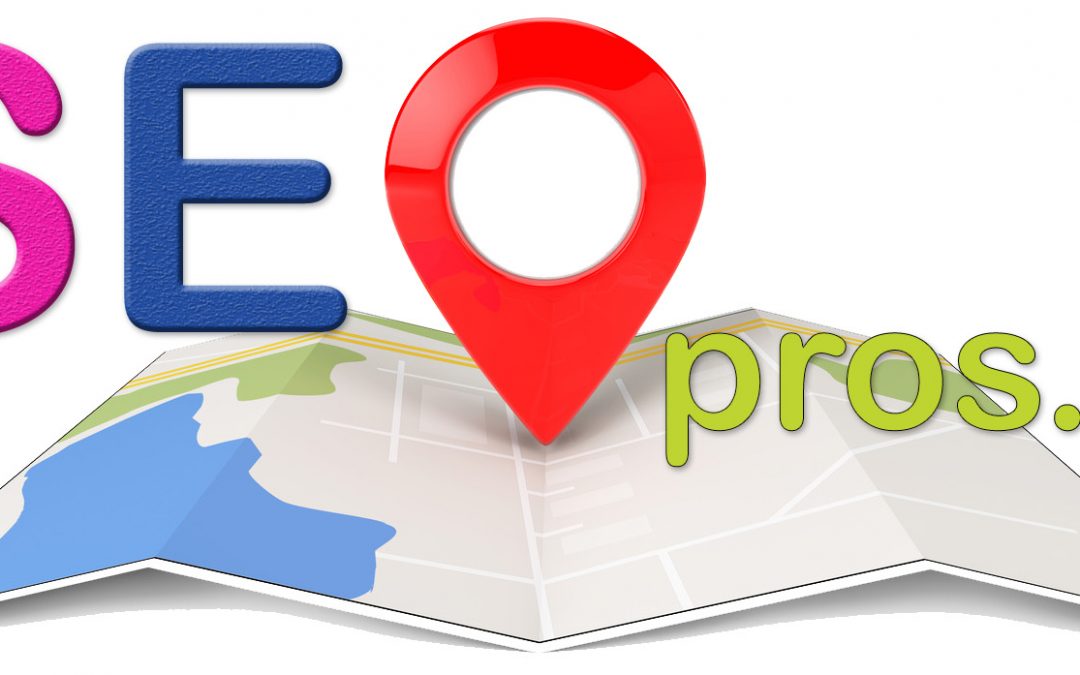In the rapidly evolving Software as a Service (SaaS) landscape, companies are striving to make their mark, innovate, and above all, attract and retain customers. One of the most effective strategies to achieve these objectives is by leveraging Search Engine Optimization (SEO). While the importance of SEO, in general, is well recognized, its specific role in SaaS businesses is a topic worth delving into. This article will illuminate why SEO is critical to SaaS business growth and sustainability.
Understanding the SaaS Business Model
Before diving into the heart of the matter, it’s essential to understand the nuances of the SaaS business model. SaaS companies offer cloud-based software services to customers on a subscription basis. Given their cloud-based delivery model, they are not bound by physical location constraints and can reach customers worldwide. However, they also face intense competition in a global market. Therefore, strategies that increase visibility and credibility, such as SEO, are crucial.
SEO: A Crucial Tool for SaaS Businesses
SEO is the process of optimizing a website so that it appears in a prominent position within the organic (non-paid) search results of search engines like Google and Bing. In the context of SaaS companies, SEO is even more critical for several reasons.
1. Global Market and Localized Search
As mentioned, SaaS businesses operate on a global scale. SEO helps such companies target customers from different geographical locations more effectively by optimizing for local search. This ensures that your SaaS product or service reaches the right audience at the right time.
2. Long Sales Cycles
SaaS businesses often have long sales cycles as customers typically do a considerable amount of research before committing to a subscription. During this period, prospective customers are likely to conduct numerous searches to explore options, compare features, and read reviews. Therefore, maintaining high visibility on search engines throughout the buyer’s journey is crucial, and that’s precisely what SEO enables.
3. User Trust and Credibility
Appearing on the first page of search engine results enhances the perception of your brand’s credibility. Internet users tend to trust search engines. Hence, a higher rank indirectly boosts your company’s credibility. Moreover, consistent ranking in search results over time builds brand trust and loyalty.
4. Cost-effective Marketing
SEO is one of the most cost-effective marketing strategies. Unlike Pay-Per-Click (PPC) advertising, where you pay for each click your ad receives, organic traffic generated by SEO is essentially free. While SEO does require an upfront investment in content and website optimization, its long-term benefits far outweigh the initial costs.
5. Quality Traffic
SEO attracts quality traffic. By targeting specific keywords related to your SaaS product, you can attract visitors who are already interested in what you offer, thus increasing the likelihood of conversions.
Implementing SEO in SaaS: Best Practices
Now that we understand the importance of SEO for SaaS businesses let’s look at some best practices.
1. Keyword Research
Identifying the right keywords is the foundation of any SEO strategy. For SaaS businesses, it’s vital to consider not only generic industry keywords but also long-tail keywords and phrases that potential customers might use when searching for specific features or solutions.
2. On-Page SEO
On-page SEO includes optimizing webpage content, HTML source code, and meta tags. For SaaS businesses, this might involve creating dedicated pages for each product feature and ensuring that the content is keyword-optimized, informative, and engaging.
3. Technical SEO
Technical SEO involves optimizing your website to enhance crawling and indexing. It includes aspects like site speed, mobile-friendliness, secure connections (HTTPS), and XML sitemaps. These elements are crucial in delivering a seamless user experience, a key ranking factor in search engine algorithms.
4. Content Marketing
Regularly creating and sharing valuable content boosts SEO by keeping your website fresh and relevant. SaaS businesses can leverage blogs, white papers, case studies, tutorials, and webinars to demonstrate their expertise and address customer queries and concerns.
5. Link Building
Backlinks from authoritative websites signal to search engines that your website is a reliable source of information, enhancing your site’s authority and search rankings. A good way to garner these links is by guest posting on reputable industry blogs and websites.
6. Tracking and Analytics
Lastly, it’s crucial to track your SEO efforts to identify what’s working and what’s not. Tools like Google Analytics and Google Search Console can provide valuable insights into your website’s traffic, user behavior, and overall SEO performance.
Conclusion
In conclusion, SEO plays a significant role in shaping the growth trajectory of SaaS businesses. It enhances visibility, credibility, and user trust while also attracting quality traffic and leads. However, SEO is not a one-size-fits-all approach. Each SaaS business must develop a tailored SEO strategy that aligns with its unique needs, customer personas, and market dynamics. With a well-executed SEO strategy, SaaS businesses can navigate the digital landscape more effectively, ensuring sustainable growth in an increasingly competitive market.

